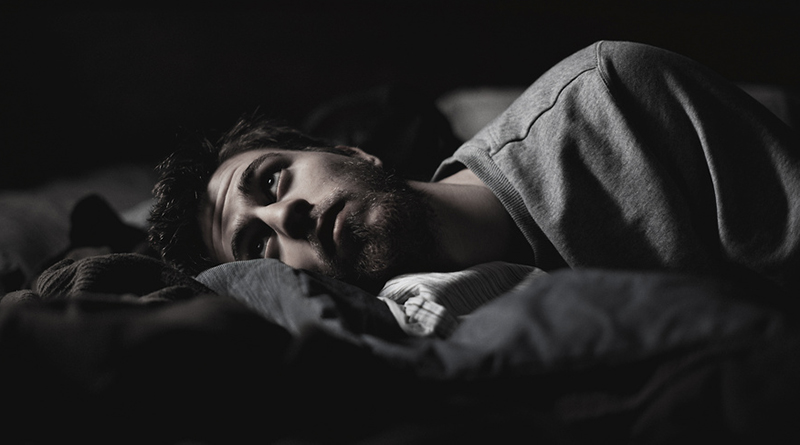
Neurodiversity and Sleep: Tips for Helping Different Brains Rest
By Ben Weinstock, PT, DPT
Just about every condition on the neurodiversity spectrum—from autism to head injuries, Parkinson’s to Alzheimer’s—is characterized by poor sleep. This is dangerous, as we spend one-third of our lives asleep. Sleep is a physiological need. Sound sleep is related to good health; poor sleep is associated with a long list of ailments. Cancer, hypertension, obesity, diabetes, chronic pain, psychiatric disorders, and many other conditions are linked to chronic, suboptimal sleep.
It has been shown experimentally in laboratory animals that as little as 6 hours of sleep deprivation can initiate the process that results in a buildup of abnormal proteins in the brain. Poor sleep, over time, may worsen pre-existing conditions or initiate new ones. Leading neuroscientists believe that abnormal sleep and brain diseases share common mechanisms.
The natural rhythms of the body, known as circadian rhythms, are critical for health. Regular patterns of gene activation, hunger, digestion, hormone release, immune response, neurotransmitter release, urine flow, body temperature fluctuation, cellular repair, response to medications, and sleep are just some of our bodily functions that undergo patterns during a 24-hour period. Disruption of this regular cycle usually results in disease.
What can be done to improve sleep? Here is a checklist:
- If you feel extremely tired during the day, you may have a sleep disorder. Talk to you doctor about your problem. You may be referred for a sleep study, preferably at a sleep center that has been accredited by the American Academy of Sleep Medicine: http://www.sleepeducation.com/find-a-center
- If you need an alarm clock to wake up, you are probably not getting enough sleep. Some sleep experts suggest using the alarm clock at night — as a reminder to prepare for sleep at least 30 to 60 minutes earlier than usual.
- To maintain a healthy circadian rhythm, avoid darkness during the day and avoid light at night. Remember, nighttime is for sleeping.
- Inexpensive devices can be used to block out light and noise at night: eyeshades and earplugs have been associated with improved REM sleep and increased melatonin release.
- Avoid the usage of electronic devices at night; keep them away from your bed (even if you are simply charging them).
- Whenever possible, avoid the use of medications to help you to fall asleep. Some medications are linked to an increased risk of brain diseases. For example, taking Zolpidem for more than 5 years raises the risk of developing Parkinson’s Disease.
- Remember the other lifestyle factors: a healthy diet, regular exercise, avoidance of obesity, and stress reduction. Each shield plays a role in the improvement of sleep. Studies have shown that 45 minutes of moderate intensity walking, 3 or 4 times a week, significantly improves sleep quality.
- Sun exposure during the day is important; avoid sunburns. Sun exposure is important for Vitamin D production, as well as for melatonin production—both needed for a healthy brain, and healthy sleep.
Adapted from Preventing Parkinson’s: How to Cut Your Risk by Strengthening Your Multiple Shields. Available on Amazon: http://www.amazon.com/Preventing-Parkinsons-Strengthening-Multiple-Shields/dp/0986142603
Ben Weinstock, PT, DPT is a Doctor of Physical Therapy with 30 years of experience, specializing in complex neurological cases. He is the author of the only book ever written about the prevention of Parkinson’s Disease, Preventing Parkinson’s: How to Cut Your Risk by Strengthening Your Multiple Shields.




